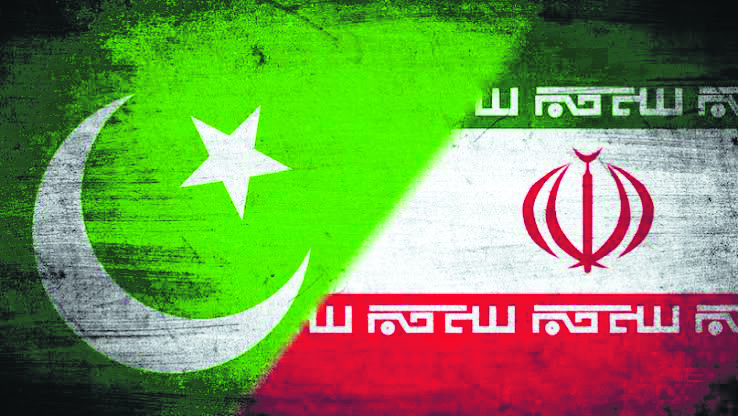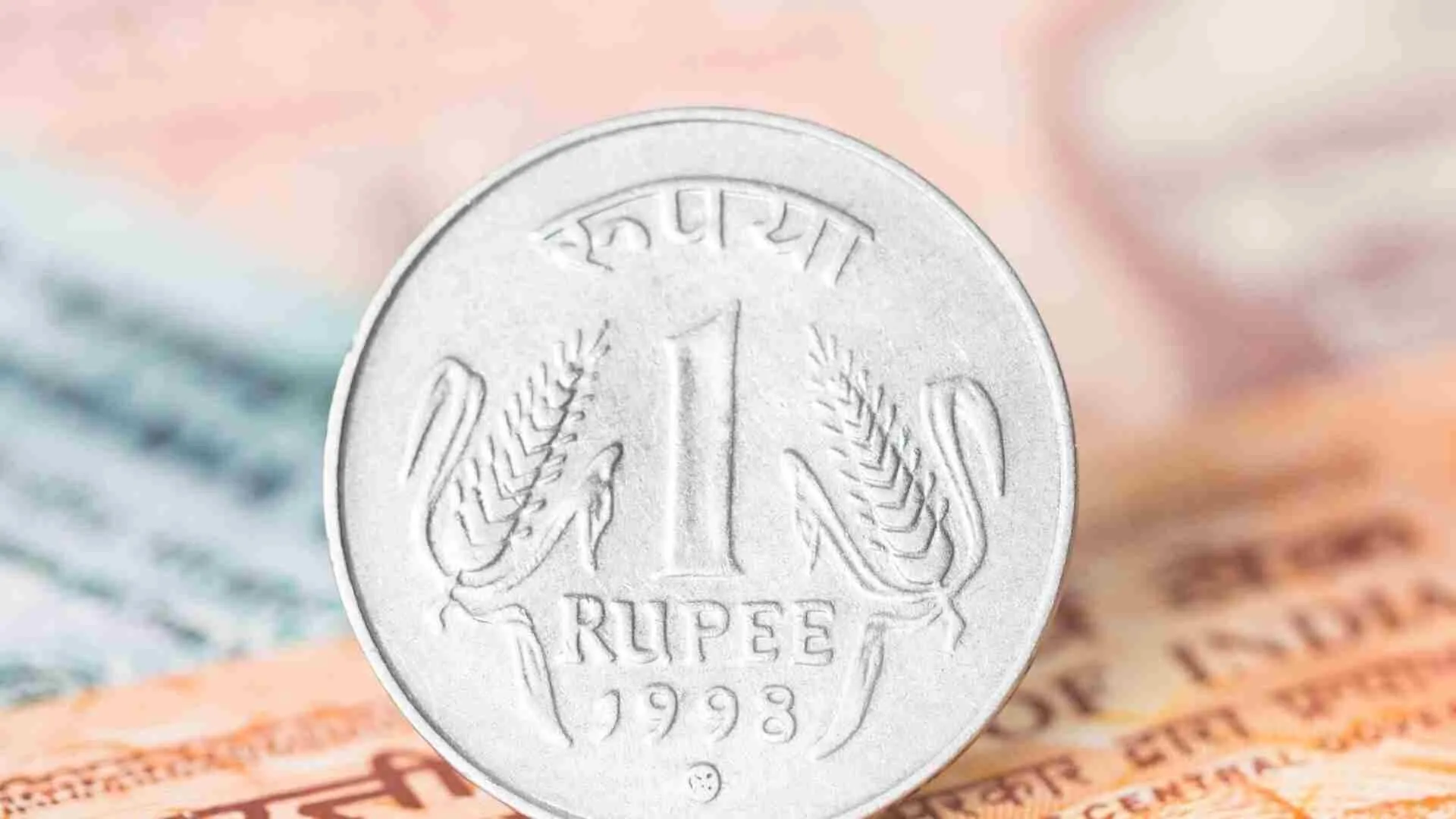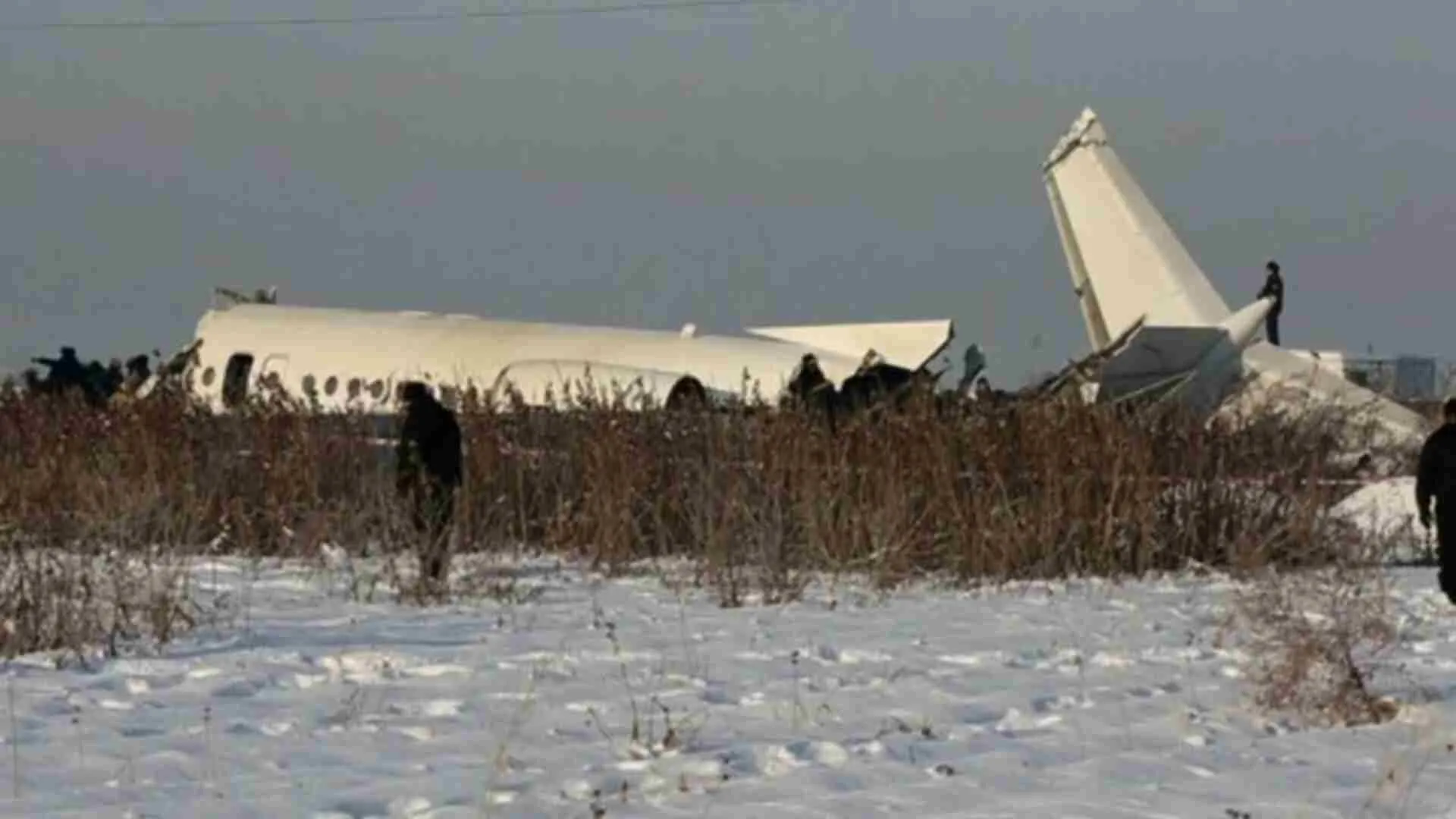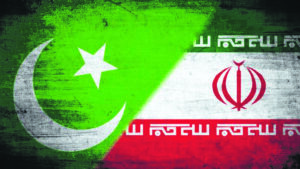Weeks after carrying out missile strikes against “terror units” in each other’s territories, Pakistan and Iran mutually agreed to expand security cooperation, The News International reported.
The agreement was announced during a joint press conference by Pakistan Foreign Minister Jalil Abbas Jilani and his Iranian counterpart Hossein Amir-Abdollahian at the Pakistan Foreign Office on Monday.
The Iranian foreign minister and his delegation have visited Pakistan to meet senior government officials for discussion on various matters including security between the two countries.
Addressing the presser, both ministers said that they respected each other’s sovereignty and territorial integrity and resolved to expand security cooperation, stepping up efforts to mend ties after tit-for-tat missile strikes this month.
Abdollahian, also said the two countries have a good understanding, adding that there have never been territorial differences or wars between Iran and Pakistan.
He also informed that Iranian President Ebrahim Raisi would soon visit Pakistan.
Jilani said that both Iran and Pakistan can resolve “misunderstandings” fairly quickly. The two countries also agreed to fight terrorism in their respective areas and allay each other’s concerns, he added.
The Pakistan Foreign Minister further said that the threats of terrorism pose a common challenge to both countries.
“Pakistan and Iran have agreed to adopt collective and collaborative approaches to confront this menace by fully leveraging the robust institutional mechanisms that already exist between our two countries,” he added.
During the presser, the Iranian FM spoke about the involvement of “third countries” behind rising terrorism in the border region between Pakistan and Iran.
“There is no doubt that the terrorists located in the common border regions and areas of Iran and
Pakistan are led and supported by third countries,” he said adding that the terrorists never favour any good actions in line with the benefits and interests of the Pakistani and Iranian governments and nations.
Notably, the tensions between the two nations escalated after Tehran and Islamabad carried out missile strikes against each other targeting ‘terror units’.
Iran carried out missile and drone strikes in Pakistan on late night of January 16, to destroy two “important headquarters” of Jaish al-Adl (Army of Justice). Islamabad alleged that the strikes killed two children and injured three girls, Al Arabiya News reported citing Tasnim News Agency.
Pakistan on January 17 withdrew its ambassador from Iran and announced that it would not allow the Iranian envoy visiting his home country at that time to return to protest at a “blatant breach” of its sovereignty.
The next day, on January 18, Pakistan launched strikes inside Iran in a retaliatory attack. Islamabad said it targeted the hideouts used by ‘terrorist militant organizations,’ namely Balochistan Liberation Army (BLA) and Balochistan Liberation Front (BLF).
However, later both countries agreed on the return of ambassadors of both countries to their respective posts and also decided to mutually work for ‘de-escalation’ of tensions, Geo News reported.








